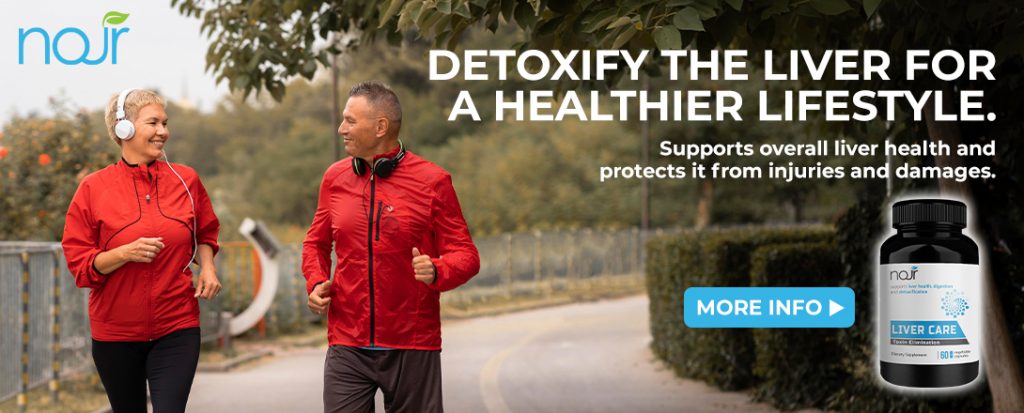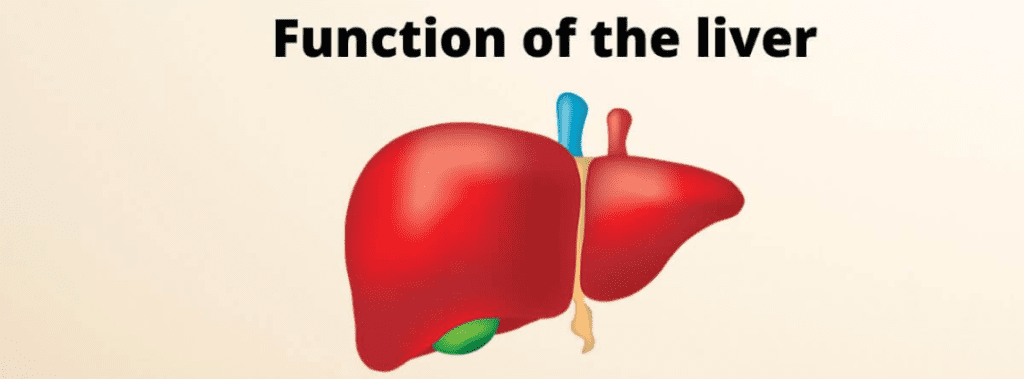All the blood leaving the stomach and intestines passes through the liver. The liver processes this blood and breaks down, balances, and creates the nutrients and also metabolizes drugs into forms that are easier to use for the rest of the body or that are nontoxic.
What are the 5 functions of liver?
The five major functions of the liver include:
- Filtration.
Filter the blood coming from the digestive tract, before passing it to the rest of the body. The liver also detoxifies chemicals and metabolizes drugs. As it does so, the liver secretes bile that ends up back in the intestines.
- Digestion.
Produce substances that help the body break down fat. The liver manufactures bile that assists in the breakdown and digestion of food. - Metabolism and Detoxification.
Metabolic detoxification refers to the pathways by which the body processes and removes harmful compounds. In this protocol, learn about toxic compounds and strategies for minimizing exposure to those toxins - Protein synthesis.
Protein synthesis is the process by which proteins are formed in biological cells. Proteins carry out all the important functions of a cell, such as transport, structural support, chemical reactions, cell communication, and protection from harmful bacteria and viruses. - Storage of vitamins and minerals.
The liver stores vitamins and minerals for the times when they may be lacking in the diet. It can store enough vitamin A and vitamin B12 for four years, and enough vitamin D for four months.

Maintaining a Healthy Liver
The best way to avoid liver disease is to take active steps toward a healthy life. The following are some recommendations that will help keep the liver functioning as it should:
- Avoid Illicit Drugs: Illicit drugs are toxins that the liver must filter out. Taking these drugs can cause long-term damage.
- Drink Alcohol Moderately: Alcohol must be broken down by the liver. While the liver can moderate amounts, excessive alcohol use can cause damage.
- Exercise Regularly: A regular exercise routine will help promote general health for every organ, including the liver.
- Eat Healthy Foods: Eating excessive fats can make it difficult for the liver to function and lead to fatty liver disease.
- Practice Safe Sex: Use protection to avoid sexually transmitted diseases such as hepatitis C.
- Vaccinate: Especially when traveling, get appropriate vaccinations against hepatitis A and B, as well as diseases such as malaria and yellow fever, which grow in the liver.

